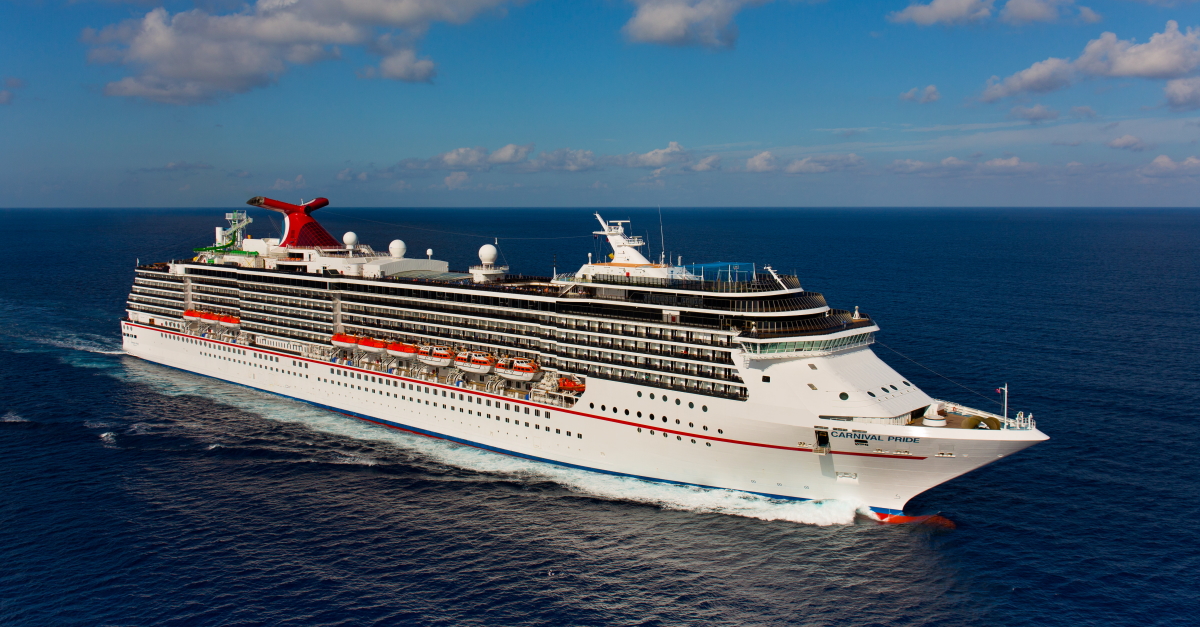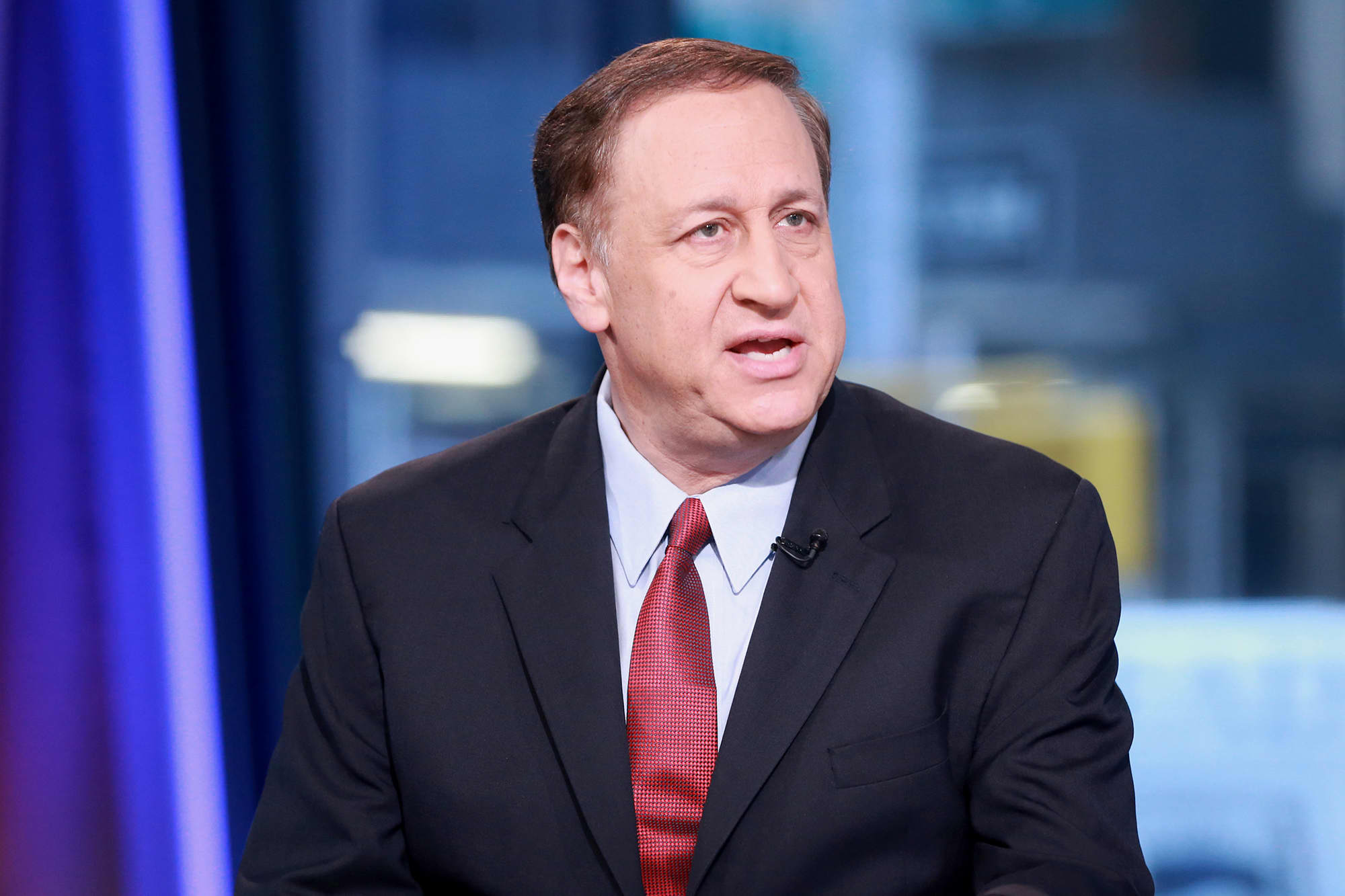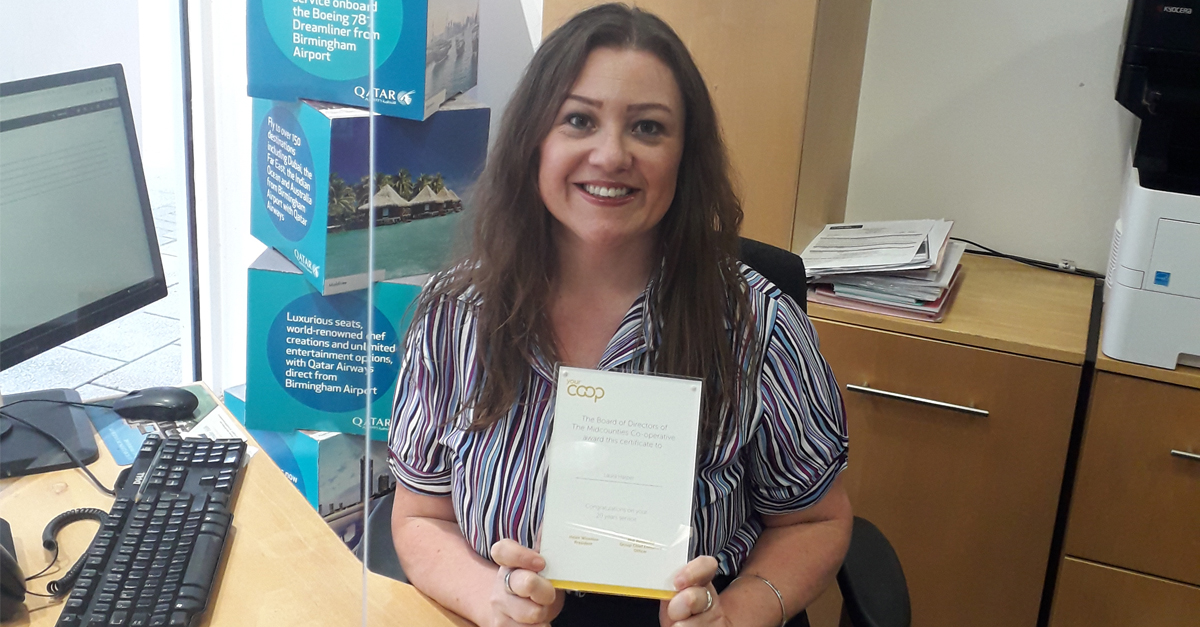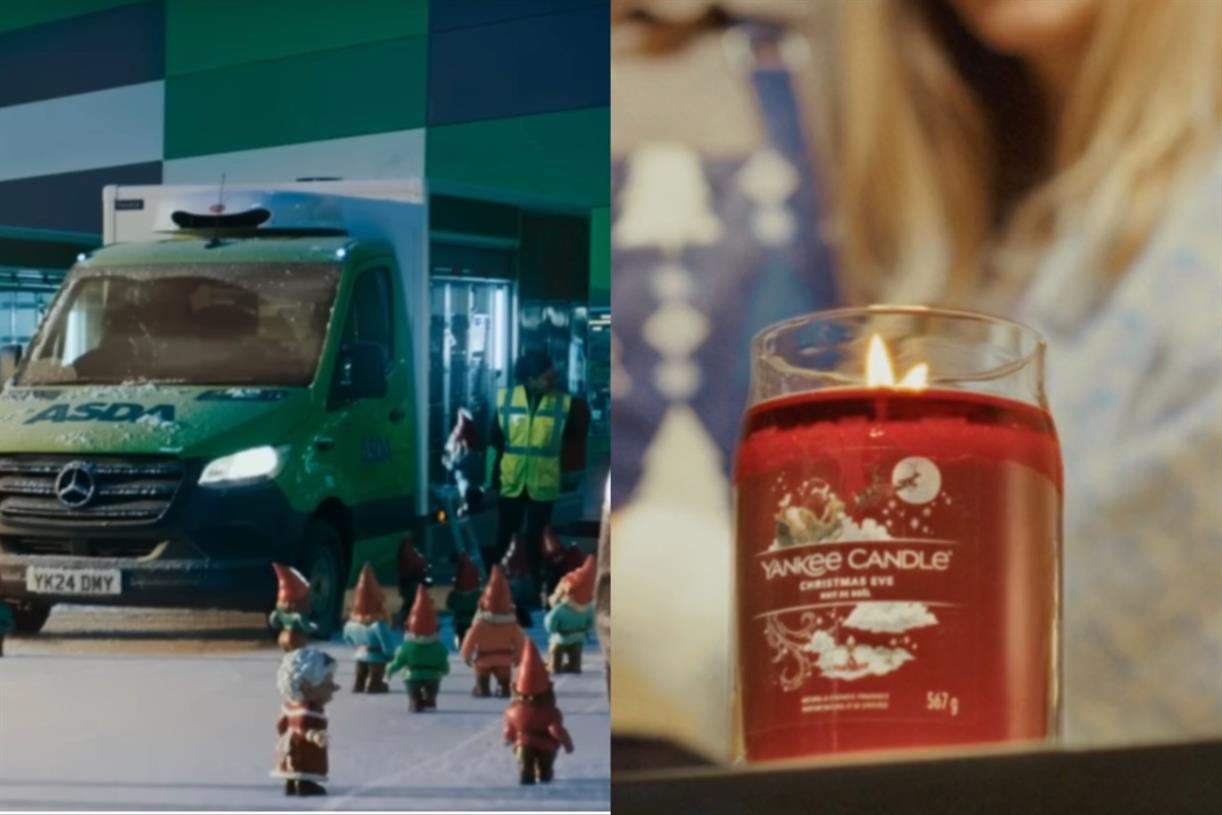Travel agents have increased in popularity, Advantage survey finds
But staffing and increased costs remain issues for trade

A survey of Advantage Travel Partnership members suggests agents have increased in popularity among consumers while also highlighting staffing and cost issues for small and medium-sized travel firms.
The consortium’s business impact survey, conducted across its membership in April this year, has reported a surge in bookings from new customers, with bucket-list holidays and cruises among the most popular holiday types.
It showed 96% of members had enjoyed enquiries from new customers. Of these, 52% were aged 45 to 54 years of age and 20% were 35 to 44 years of age.
The survey also highlighted a change in the way consumers were travelling post-Covid, with 69% of respondents saying they had noticed changes in the types of holidays being booked post-Covid and 53% reporting bucket list trips to be the most popular with their clients after years of restricted travel.
The most popular long-haul destination was the US but bucket-list escapes to see the cherry blossom in Japan, luxury safaris and travel on the Rocky Mountaineer in Canada, were also reported to be on the rise while agents also cited many multi-centre itineraries in Australia, New Zealand and Far East.
The survey also showed 50% of agents’ customers were looking for a cruise holiday, suggesting the increased interest already seen this year in cruising was set to continue.
Luxury was another sector enjoying a rise in demand, according to the survey. In total, 47% of Advantage members said customers were booking luxury getaways.
Other sectors in demand included guided adventures, with 28% of members seeing demand from customers for escorted tours and group bookings to destinations including Costa Rica, India and South Africa and Europe.
But the report also demonstrated that staffing issues and increasing costs were the biggest issues affecting travel agents currently.
Almost half (47%) of respondents named staffing as their biggest concern, while 41% said operating costs was the biggest issue, followed by market pricing (31%). A further 38% of members said they were recruiting staff with no travel experience to fill staffing gaps.
Chief executive Julia Lo Bue-Said said the survey demonstrated there was much cause for optimism in terms of the role of agents and said she expected there to be a “record number of calls and visits to agents this year” given current booking trends.
She said: “It’s wonderful to see that among the negative headlines around travel with persistent strikes and rising prices, that so many of our members are feeling optimistic about the year ahead and are seeing their customer bases grow exponentially.
“Our business impact survey shows there is a lot of pent-up demand for travel and that people are continuing to prioritise travel despite the cost-of-living crisis.”
But she said the survey also showed there remained pressures facing small and medium-sized businesses which were “struggling with increasing costs and staff shortages”.
She used the results to stress the evidence of the outbound travel sector’s value to the UK economy, adding: “What is reflected in the results is that people are continuing to prioritise travel and that consumers have found there really is no substitute for agents who act as advisors, who know their clients and can provide expert consultation, support and peace of mind.”

 UsenB
UsenB 































